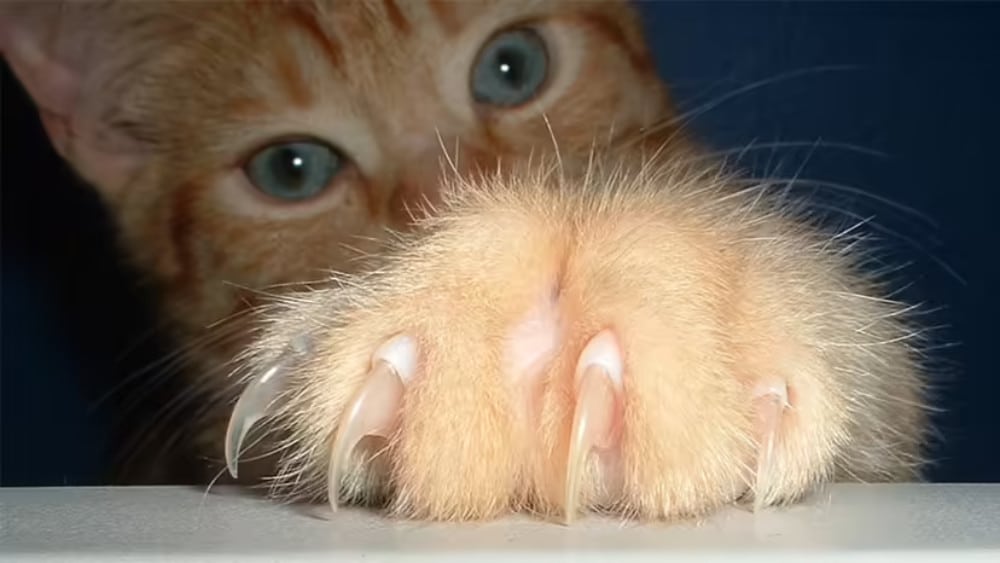
Is your cat mentally ill? This scientific questionnaire can answer
Usually, a “psychotic cat” meme is just a meme. But “it’s all right,” as the common expression says, isn’t it? For this reason, a group of researchers at the University of Liverpool, UK, has created a questionnaire to assess what domestic cats think, and hopefully determine whether they are considering sinking their claws into the most sensitive human parts.
The questionnaire entitled CAT-Tri +It establishes what modern science calls the “triple model of psychopaths.” Unlike most of the studies we have published here, this assessment method is freely available online (see link at the end of this text).
Read also

“Our cats and their various personalities inspired us to start this research,” academic psychologist Rebecca Evans told Motherboard. “In particular, I am also interested in what pets perceive through cat psychopathy and how it affects their relationships with their animals. My cat, Gumball, scores relatively high on the shyness scale, which means she can be very outspoken, seeking more contact, and drift easily.
Basically, the test asks questions about how adventurous your cat is when exploring. Think when you’re in the garden and the cat starts digging in the plants: does it move around a lot? Do you travel long distances?
Other questions relate to how he will react in the presence of other cats or unfamiliar humans, if he needs constant stimulation, and finally, to what extent he obeys the rules of the house. Answers range from “does not apply to my cat” or “describes my cat well” – to other degrees of familiarity between these two extremes.
Of nearly 50 questions, the test indicates whether your cat is prone to psychopathy or if you can sleep well at night.
In humans, psychopathy is characterized by a lack of empathy and a tendency to manipulate – which is why, according to Evans, criminals with a high degree of psychopathy (such as serial killers) tend to be charming and attractive on the outside, using this as a lure to lure their victims.
“It is very likely that all cats have an element of psychopathy, as this may have been beneficial to their ancestors, in terms of access to resources such as food, area, or mating opportunities,” the psychologist said.
Jokes notwithstanding, there is a practical reason for the study’s existence: Street cat abandonment is, unfortunately, a more common problem than humanity would like to admit. The questionnaire collected by the University of Liverpool can be useful in identifying specific psychological traits that may contribute to the abandonment of cats, as well as the formation of a more detailed profile if they join the adoption waiting list.
If you’ve ever visited a stray animal center, you’ve likely seen records of dogs, cats, and other animals like “well done,” “avoid proximity,” or the like. The study follows this thought but in depth.
“Being uninhibited or more friendly with other pets are generally characteristics that bring greater quality to the animal-owner relationship, while a cat who is more closed or less receptive can translate into more difficult,” the scientists said.
The development of the questionnaire is the result and analysis of the behavior of 2042 Feline and its owners. oh paper With full conclusions was published in Journal of Personality Research. The questionnaire itself can be found on a page dedicated to the study.
You have seen our new videos on Youtube? Subscribe to our channel!

“Organizer. Social media geek. General communicator. Bacon scholar. Proud pop culture trailblazer.”
